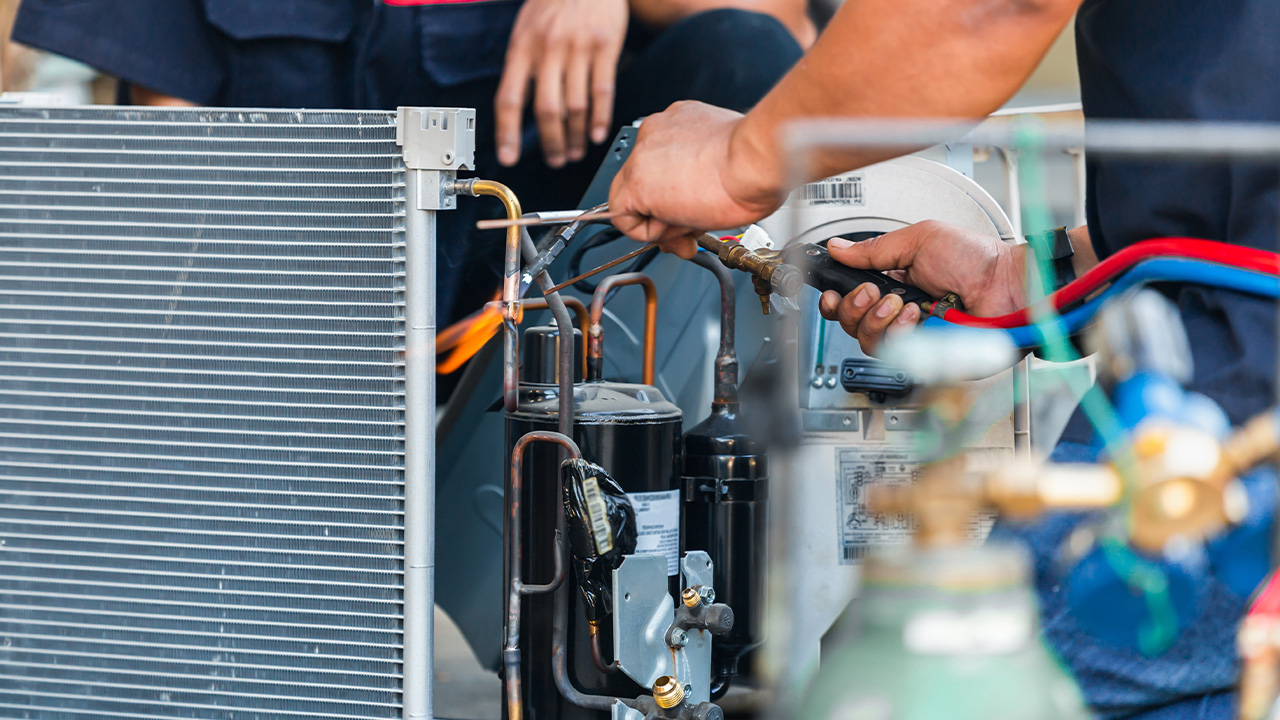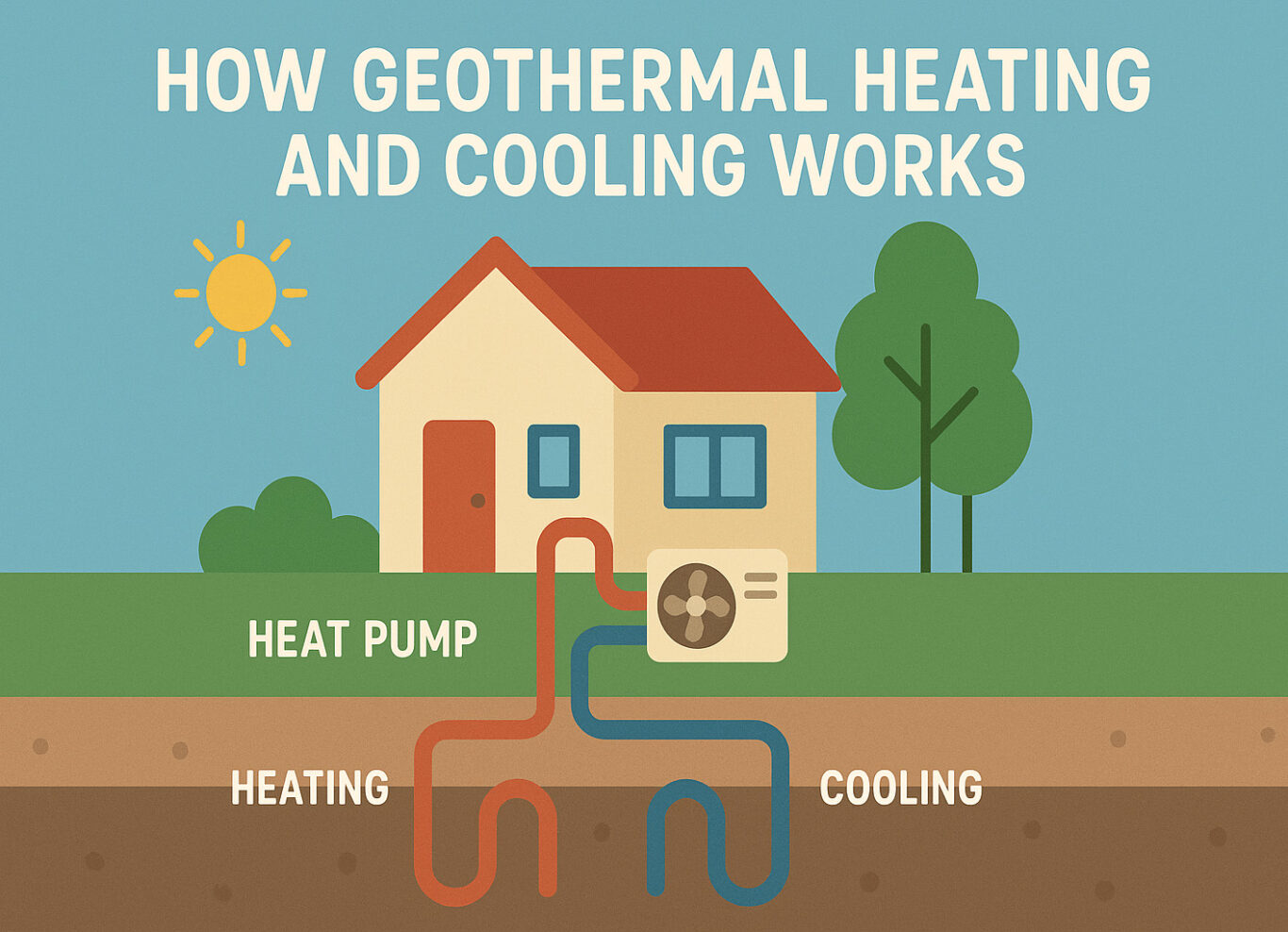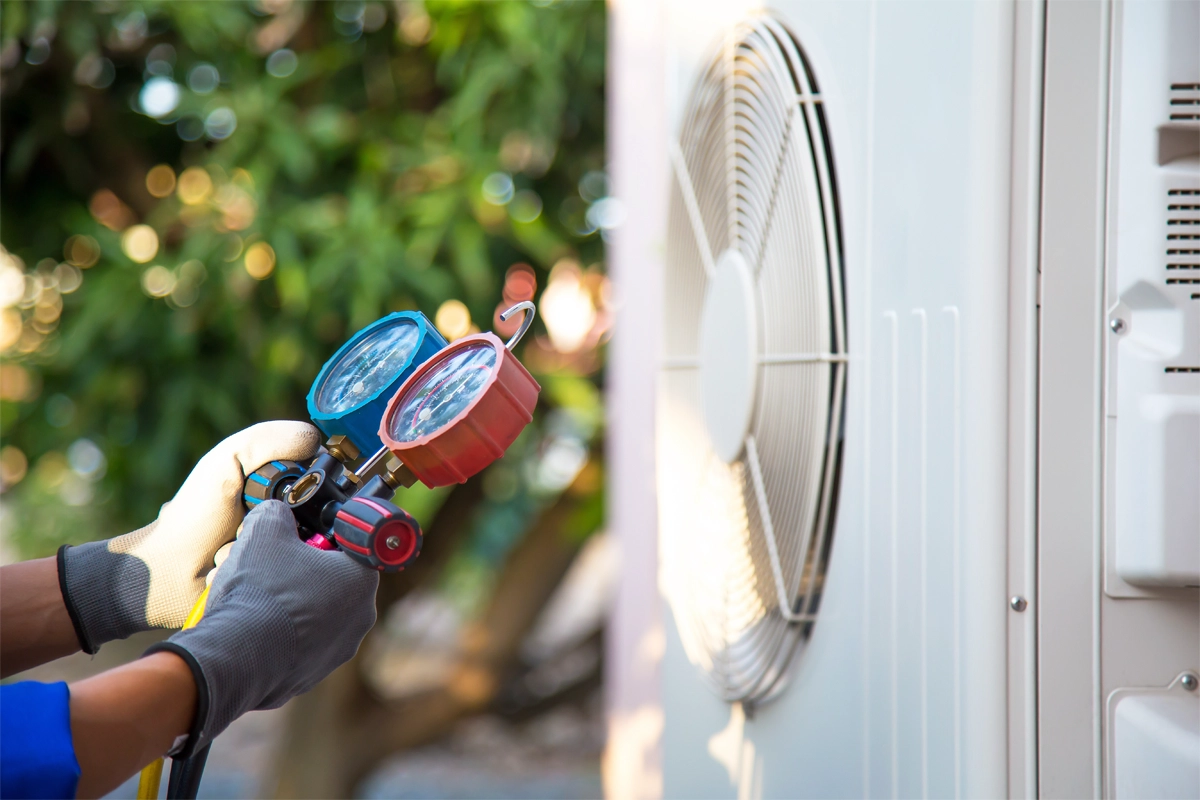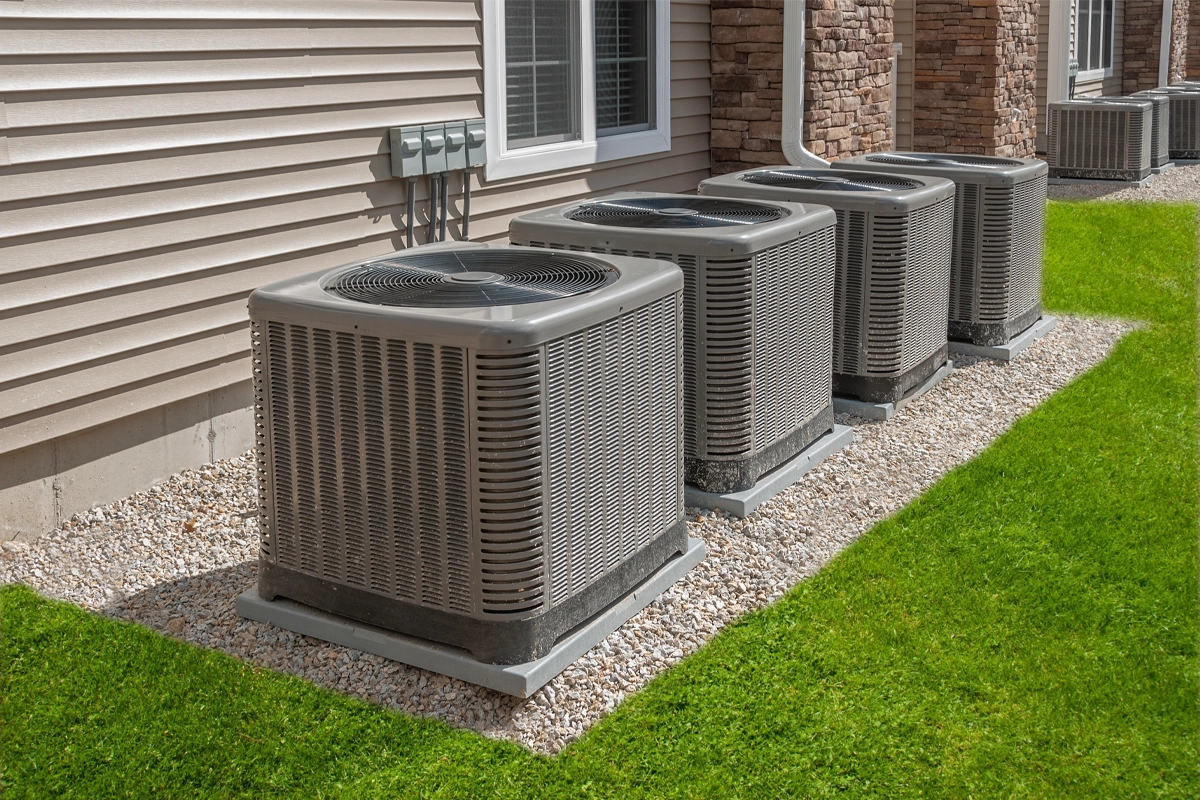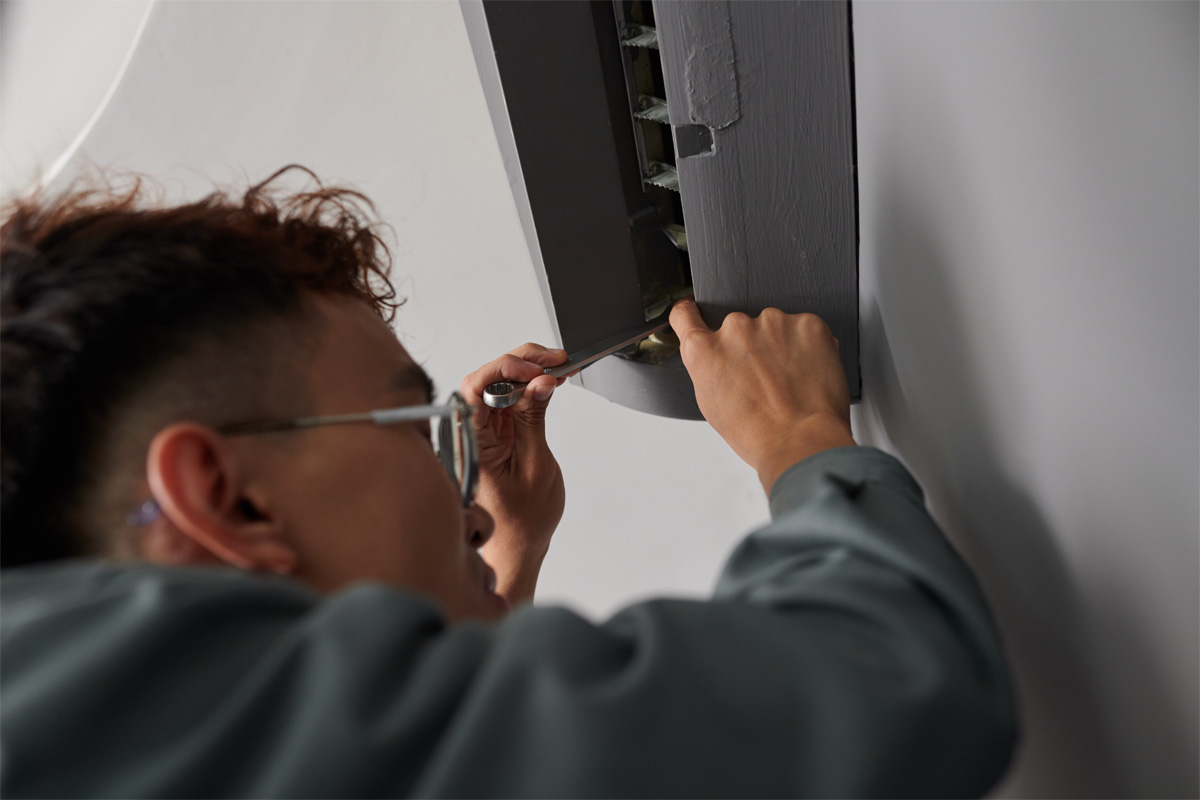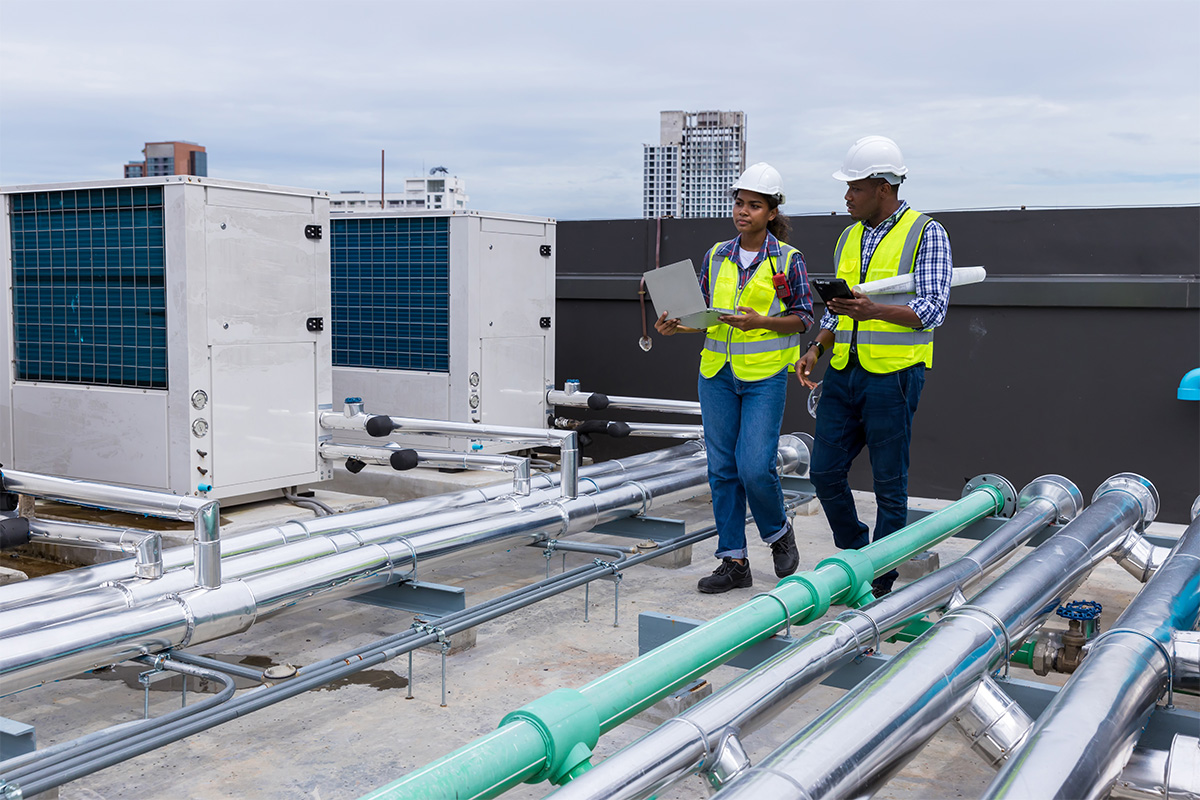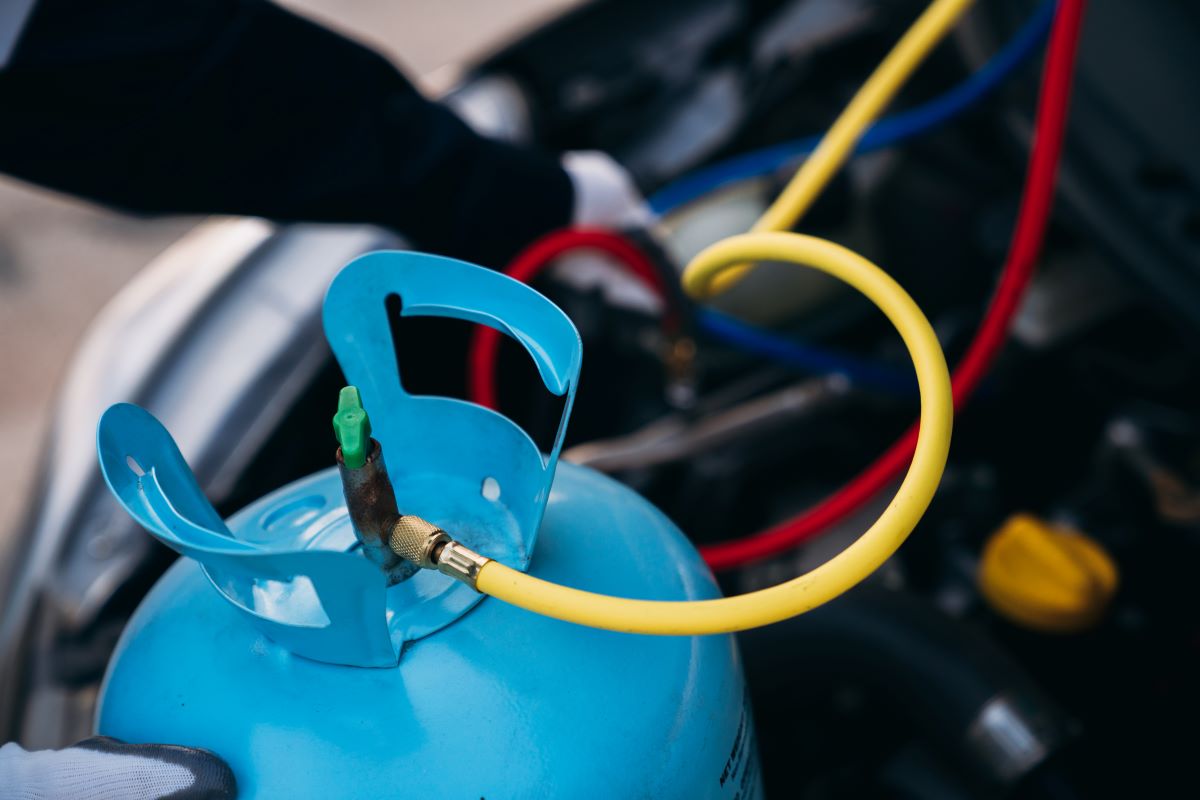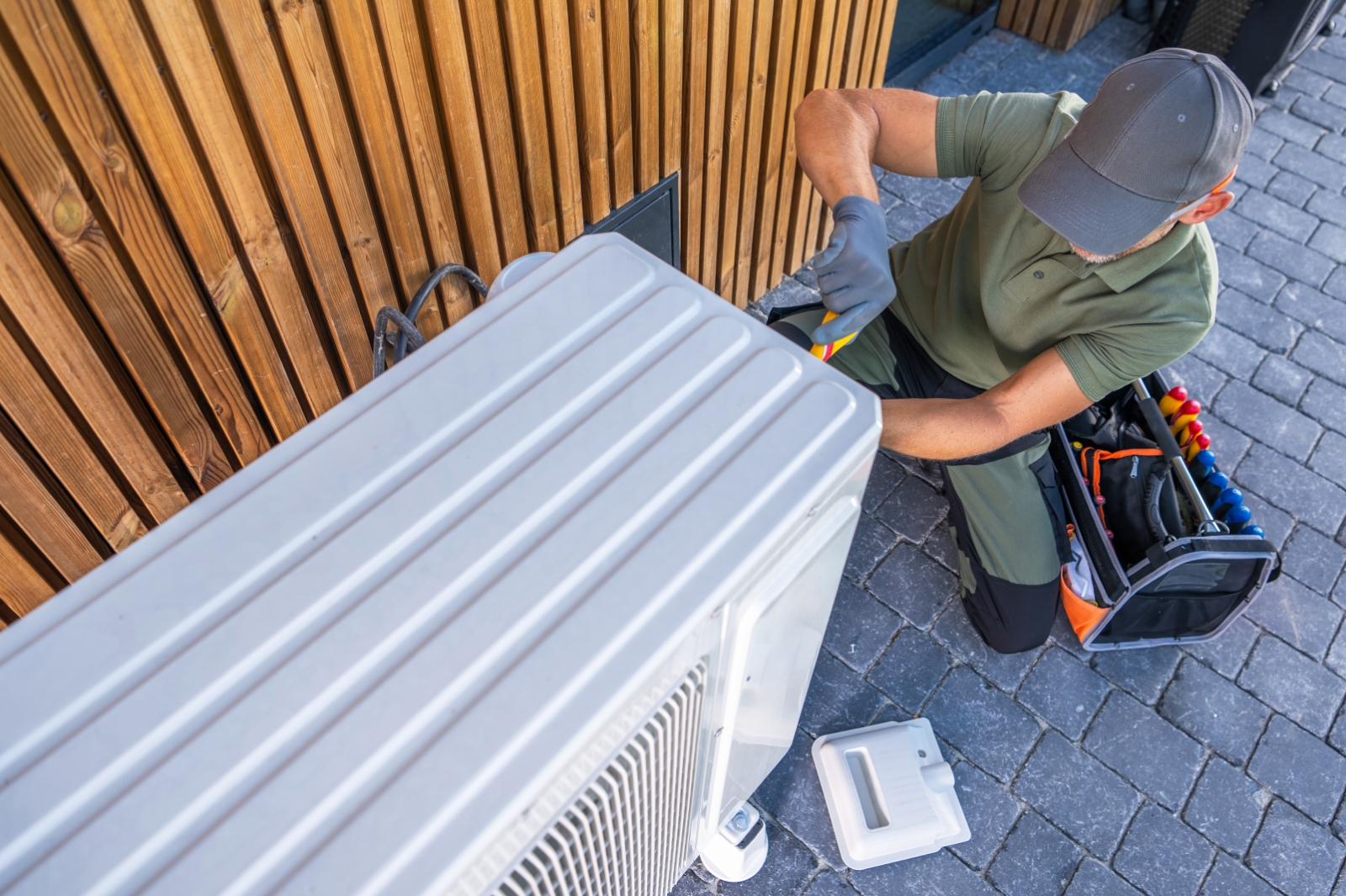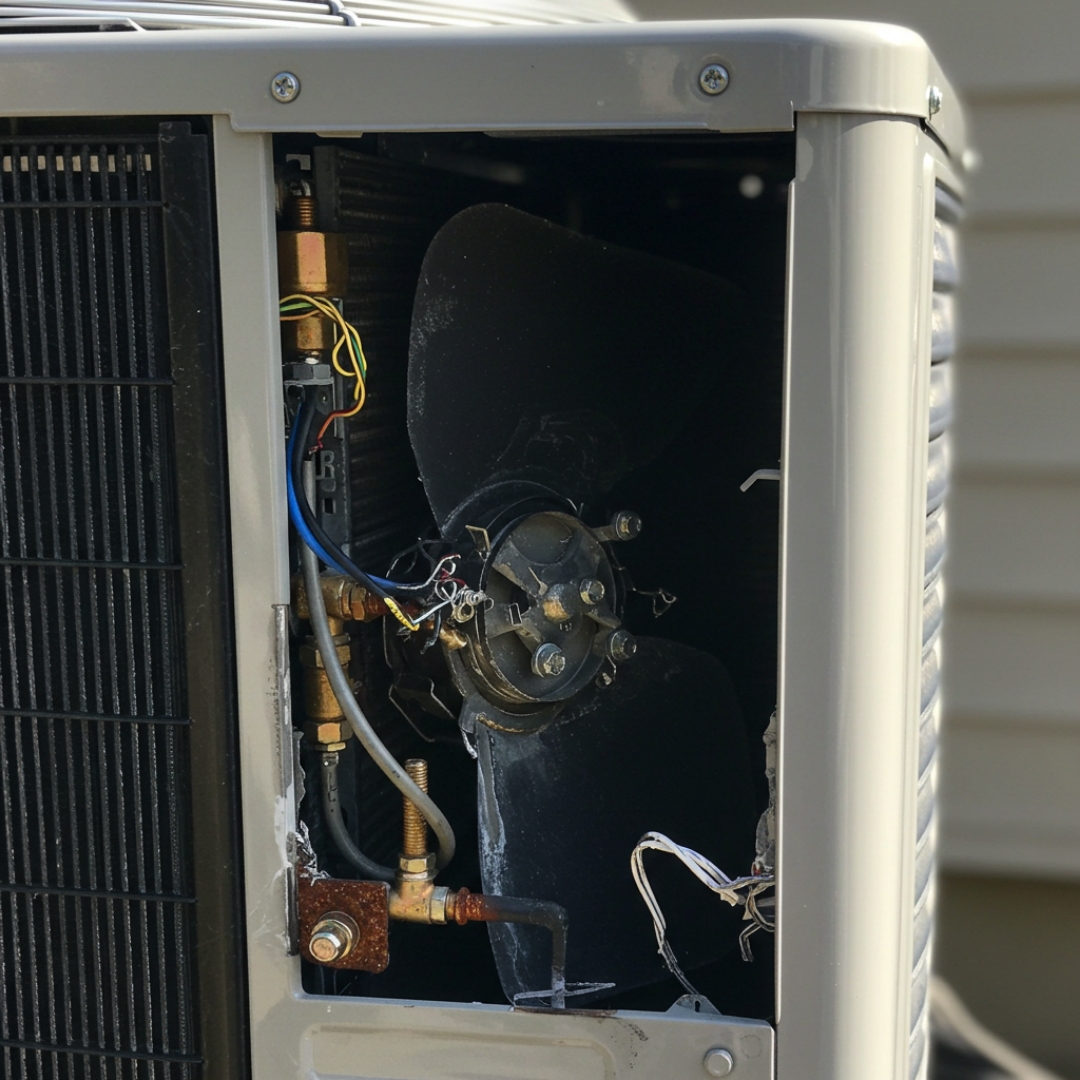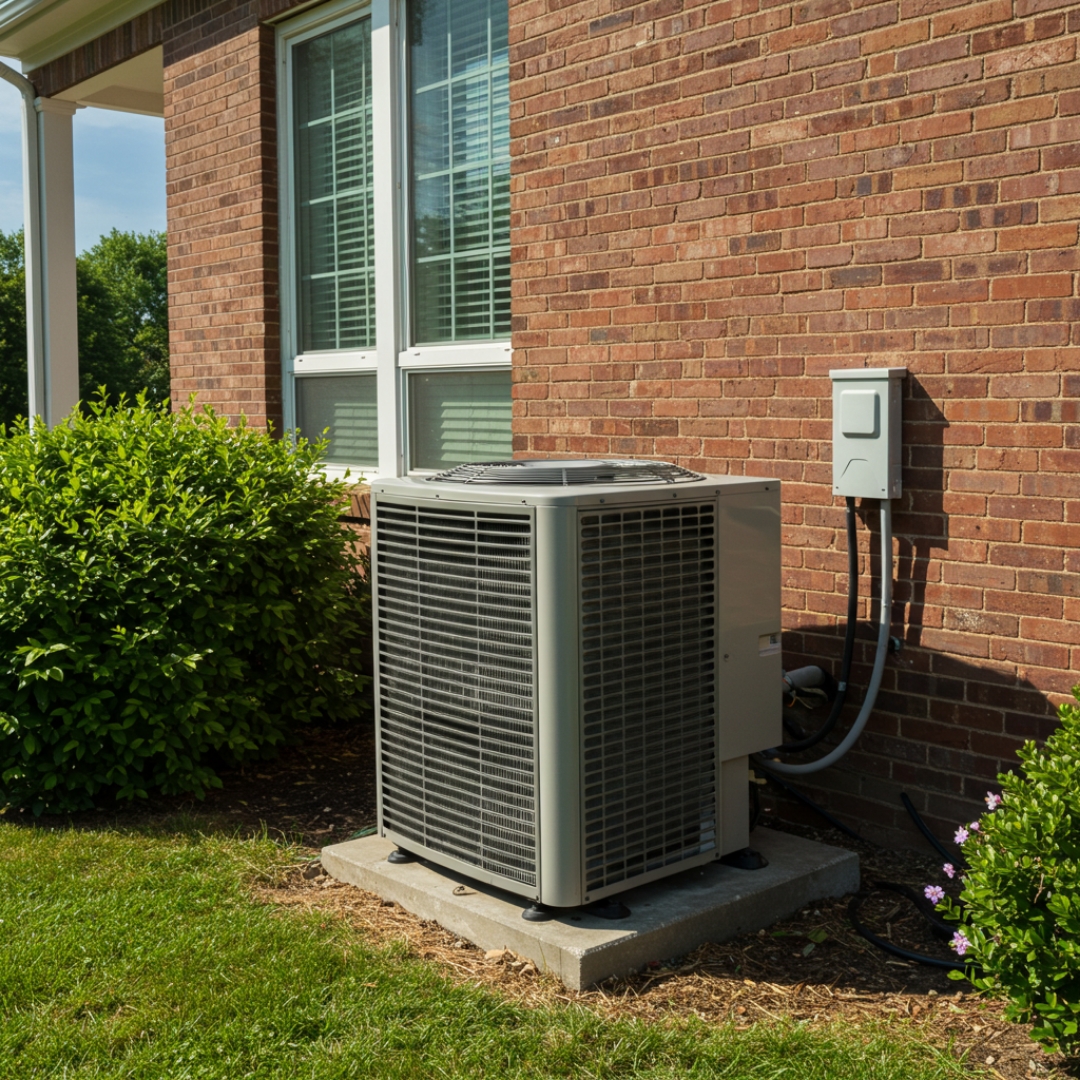
During the winter your HVAC system is working harder than at any other time of year. Neglected heating systems are more than just an inconvenience; they are a significant safety risk. From carbon monoxide leaks to electrical fire hazards and catastrophic mid-winter breakdowns, the stakes are high. This guide to winter HVAC safety provides actionable steps to keep your family remains safe and your equipment stays efficient all season long.
1. Schedule a Professional Pre-Season Inspection
Many homeowners view a furnace tune-up as an optional luxury. In reality, it is a critical safety intervention. A professional HVAC maintenance visit is designed to catch “invisible” problems before they become life-threatening.
Why It Matters
The most vital part of a furnace inspection is checking the heat exchanger. This is the component that separates the combustion process from the air you breathe. If the heat exchanger develops even a microscopic crack, it can leak carbon monoxide into your home. Technicians use specialized tools to detect these cracks that the untrained eye would miss.
What’s Included in a Furnace Safety Inspection:
- Gas Pressure Testing: Ensuring the fuel-to-air ratio is correct for clean combustion.
- Electrical Connections: Tightening wires that may have loosened due to system vibrations, preventing electrical shorts.
- Burner Cleaning: Removing dust and soot that can cause “delayed ignition,” which results in a loud, scary bang when the furnace starts.
2. Prioritize Carbon Monoxide (CO) Safety
Carbon monoxide is often referred to as the “silent killer” because it is completely colorless, odorless, and tasteless. According to the CDC, hundreds of people are hospitalized every year from accidental CO poisoning, often caused by malfunctioning heating systems.
Take Immediate Action
Don’t wait for a “beep” to tell you something is wrong. Test your CO detectors monthly by pressing the test button. If your detectors are more than five to seven years old, replace them entirely, as the sensors inside degrade over time.
Strategic Placement
To maximize safety, ensure you have detectors in the following locations:
- On every level of the home (including the basement).
- Inside or directly outside every sleeping area.
- At least 15 feet away from fuel-burning appliances to prevent “nuisance alarms.”
3. Keep Vents and Exhaust Pipes Clear
Your HVAC system needs to “breathe” to function safely. Obstructed airflow is one of the leading causes of system overheating and mechanical failure.
Outdoor Safety: The Snow Factor
During heavy snowfall, your furnace’s external intake and exhaust pipes (usually white PVC pipes sticking out the side of your house) can become buried. A blocked furnace exhaust causes dangerous gases to back up into your home. After every snowstorm, grab a shovel and ensure these pipes are clear of snow, ice, and bird nests.
Indoor Safety: Furniture Placement
It is tempting to push a sofa over a floor vent to save space, but this is a fire hazard. Blocking vents restricts airflow, causing the internal components of your furnace to reach dangerously high temperatures. Ensure there is at least a 12-inch clearance around all supply and return vents.
4. Replace Air Filters Regularly
The humblest part of your HVAC system is also one of its most important safety features: the air filter.
The Safety Link
When a filter is clogged with dust, pet hair, and dander, the blower motor has to work twice as hard to pull air through. This lack of airflow causes the heat exchanger to overheat. Most modern furnaces have a “limit switch” to shut the system down if it gets too hot, but repeated overheating can lead to a cracked heat exchanger—bringing us back to the risk of carbon monoxide.
Recommendation: Check your filter every 30 days during the winter. If you have pets or live in a dusty area, you will likely need to change it monthly to maintain HVAC vent safety and system longevity.
5. Space Heater Integration & Safety
When a specific room feels chilly, many homeowners turn to portable space heaters. While effective for localized warmth, they are a primary cause of home fires if used incorrectly.
The Golden Rules of Space Heaters
- The 3-Foot Rule: Keep space heaters at least three feet away from anything that can burn, including curtains, bedding, rugs, and paper.
- No Extension Cords: High-wattage space heaters can easily overheat an extension cord or power strip, leading to a fire. Always plug them directly into a wall outlet.
- Automatic Shut-off: Only use heaters that feature a “tip-over” switch, which cuts power if the unit is knocked over.
Pro Tip: Never use a space heater as a permanent substitute for a functioning HVAC system. If you find yourself relying on one daily, your main heating system likely needs professional repair.
6. Smart Thermostat Best Practices
Using your thermostat correctly can prevent unnecessary stress on your furnace and protect your home’s infrastructure.
Avoid the “Big Jump”
There is a common myth that cranking your thermostat to 80°F will heat the house faster. It won’t. Your furnace provides heat at a steady rate; setting it higher just means it will run longer, potentially straining the motor. Increase the temperature in small increments or use a “smart” schedule to gradually warm the home before you arrive.
Prevent Frozen Pipes
If you are leaving for vacation, never turn your heat completely off. Set your thermostat to an “away” temperature of at least 55°F. This ensures that the air circulating in your wall cavities stays warm enough to prevent water pipes from freezing and bursting.
7. Recognize the Warning Signs
Your HVAC system will often try to tell you it’s in trouble before it fails completely. Being a “house whisperer” can save your life.
Visual Cues
Pilot Light Color: A healthy pilot light or burner flame should be a crisp blue. If the flame is yellow or flickering, it indicates incomplete combustion and the presence of carbon monoxide.
Soot: If you see dark staining or soot around the furnace cabinet or registers, shut the system off and call a pro immediately.
Auditory Cues
Listen for new sounds. Banging can indicate a delayed ignition issue, screeching often points to a failing motor bearing, and persistent rattling could mean a loose panel or a failing component.
Physical Cues (The Most Important)
If you or your family members experience unexplained headaches, dizziness, nausea, or fatigue that seems to improve when you leave the house, exit the premises immediately and call the fire department. These are classic symptoms of CO poisoning.
Safety is an Investment
Winterizing your HVAC system is about more than just avoiding a cold night; it’s about protecting your home and your family. By scheduling a furnace safety inspection, staying vigilant about air filters, and respecting the power of carbon monoxide, you transform your heating system from a potential hazard into a reliable source of comfort. A little bit of maintenance today prevents a major emergency tomorrow. Don’t wait for the next blizzard to find out your system is struggling. Contact us today to schedule your annual safety check.

